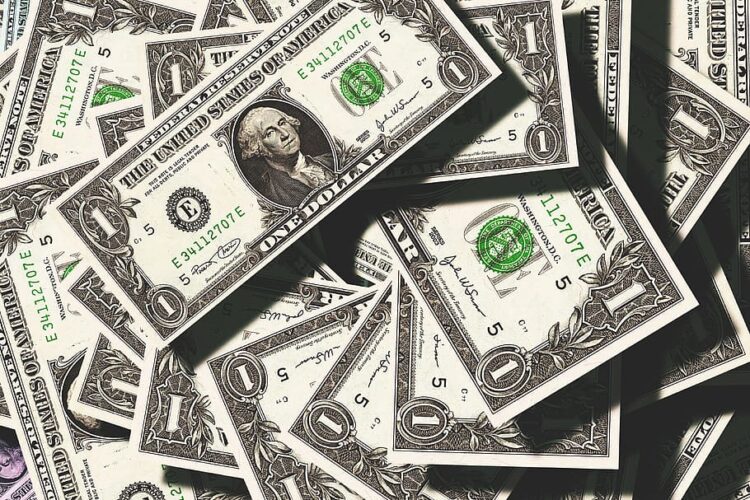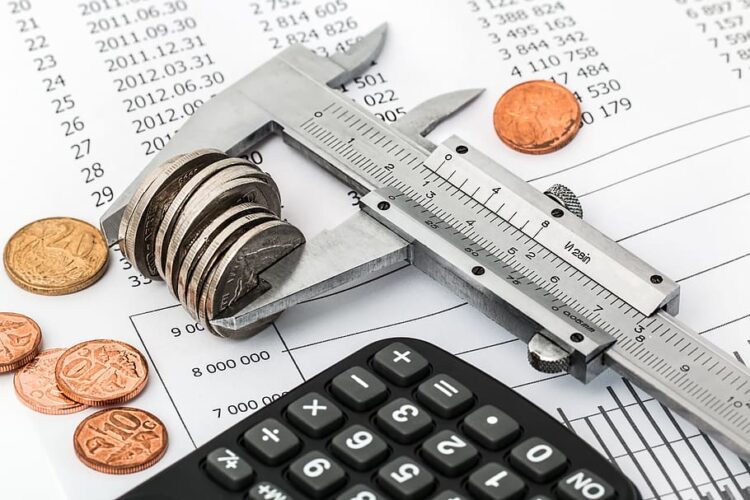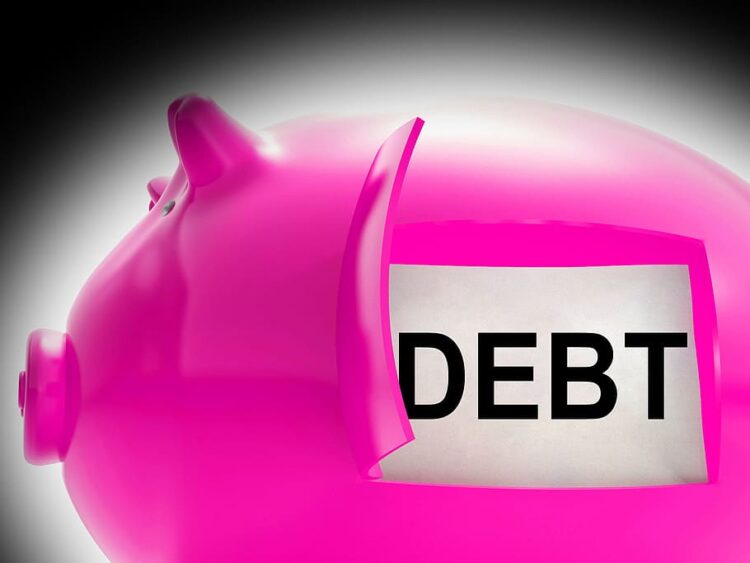Due to the coronavirus pandemic, people are hearing the recession alarm bells ringing. Business owners, investors, and economists are experiencing the wearisome calls of the economic predictions heard on the news. However, experts disagree when a recession is going to hit or for how long it will last. But they know it is coming.
Let us define what a recession means. A recession is a macroeconomic term used to refer to a substantial decline in the general economic activity in a designated region – for example, a country. NBER or the National Bureau of Economic Research officially declares recessions. According to them, a recession is a substantial decline in economic activity spread across the economy, lasting for more than a few months, evident in real GDP, real income, employment, industrial manufacture, and wholesale-retail sales.

source:economictimes.indiatimes.com
When recession strikes, be ready. It’s the best thing that almost anyone would suggest. There are a couple of things that you can do to protect your business from a possible recession – like taking advantage of cash advances or other loan services like OpenCashAdvance and the tail end of a good economy. The more progress that your business makes during this growth window, the better chances it has when the markets cause a dip.
We can never tell when this recession will hit us, but we have to make tough decisions to keep business afloat. Here are ways on how you can protect your business:
Page Contents
1. Cash Reserves

source:pxfuel.com
Building cash reserves sounds simple, but never easy. Once the recession starts, the first thing that business owners usually do is pay their bills. This is harder if clients aren’t sending payments or customers are not coming in.
The only disadvantage of saving cash is that it won’t be working for you. Money in your savings account is not doing much for you. But even if this is the case, your cash reserve needs to be accessible to cover for payments, salaries, utilities, etc. Ideally, you should have enough cash to cover 3-6 months’ worth of expenses.
2. Manage Receivables
Clients who do not pay on time are a problem, but the client who does not pay at all is far worse. Of course, you can minimize this. If not, prevent it at all by maintaining a tighter rein on your receivables.
· Make sure you have contracts in place
· Check the client’s credit standing before allowing them to pay after a service is done
· Always ask for deposits upfront
· Have a system in place for collection
3. Watch Your Costs

source:pxfuel.com
Spending money to earn more money is a practice you have to be careful about in the next few months. Investing in business expenses like your products, supplies, and even marketing requires money. You have to be extra smart right now because if you spend all the money that you earn, by the time recession comes in; it will be harder to make the necessary changes to keep your business afloat.
A good practice you might want to practice – whether the economy is in a recession or not, is to spend your business’ money only on products or services that you genuinely need. Make smart investments in moderation – investments that will grow your customer base and increase profits.
4. Expand Your Client Base

source:pxfuel.com
Study your client base so that you can determine how you can go about diversifying it. You need to find new customers. How did you do it before? If you were successful in incurring more customers through social media, do that again, but if it did not work, you have to consider other options. Asking satisfied clients to add testimonials can do magic for your business as well. Maintaining client relationships during this time will create great rewards for your business when the time comes.
5. Pay Off Debts

source:pxfuel.com
There is no question about this part of this list. Debts are challenging during the recession because you want your revenue to go towards operational costs instead of liabilities. Building your cash reserves is a significant priority. Once you’ve completed this cash reserve, you can then start making payments towards your debts.
If you are still unable to pay your debts because you are still in the phase where you are completing your cash reserve, review your outstanding debts. Check for options when it comes to paying off your debts so that it would be easier on your part. Se e if there are options like refinancing, lump-sum payments, long term or lower interest, etc.
6. Look For Opportunities

source:pxfuel.com
During a recession, business owners save money where they can. This applies even outside the business – but this is only a small part of the big picture. Sometimes, a recession is an excellent opportunity for nifty business owners.
· Improve your operational efficiency
· Observe the competition
· Evaluate vendors and contracts
· Explore new markets
Whether we like it or not, your business can’t control the economy. But just because the economy is unclear doesn’t mean you’re at its mercy. Companies can and do come out stronger from recessions. Stay lean and invest wisely.





